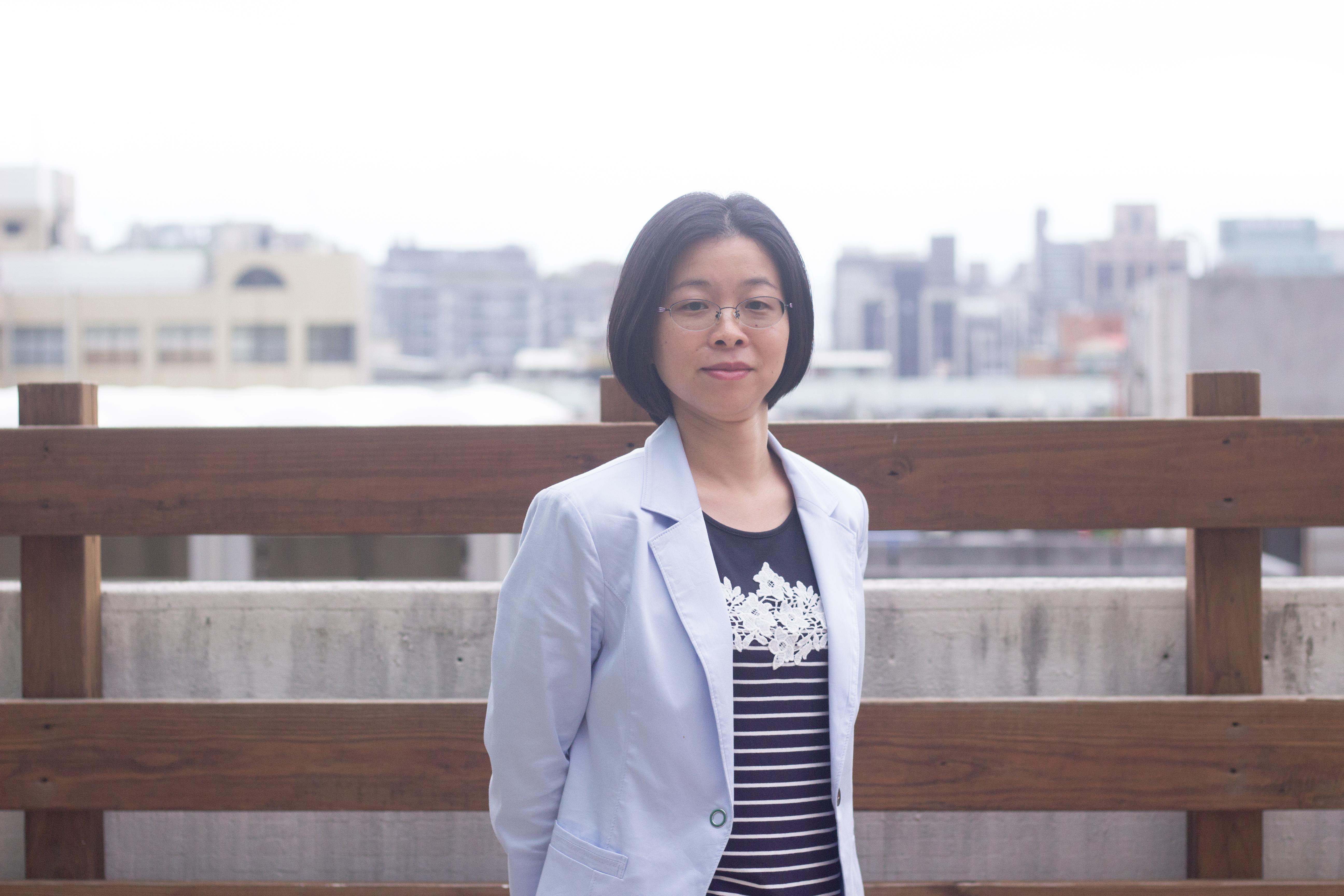Han-Hsiu Chen
|
|
Han-Hsiu Chen Associate Professor / Department of Cultural Vocation Development Director / Student Counseling Center |
|
Contact
|
Rm 710, General Studies Building 02-27712171 #5607 |
||||
| Research |
Heritage preservation and interpretation, memory and landscape, museum and local development, tobacco heritage preservation |
||||
|
Education |
PhD in Human Geography, Aberystwyth University, UK |
||||
|
Biography
|
Han-Hsiu is an associate professor of Department of Cultural Vocation Development, National Taipei University of Technology in Taiwan. Han-Hsiu got her master in Museum Studies at University of Leicester, and BA in Indigenous Culture in Taiwan. Han-Hsiu is interested in heritage-related issues, especially how heritage relate to memory, historical interpretation, museum, and community empowerment. Han-Hsiu’s doctoral research focused on-going heritage practices of tobacco agriculture in Taiwan. Han-Hsiu’s current research examined the meaning and value transformation of tobacco heritage, and published numerous academic articles and book chapters on international tobacco heritage practice. Han-Hsiu is also involved in community-led local heritage initiatives in Taipei City, particularly those relating to cultural and historical landscape in Songshan District where she lives. Han-Hsiu teaches on a number of course related geography and history at undergraduate and postgraduate level, includes heritage interpretation, fieldwork, cultural landscape, geography of tourism, and cultural history. |
||||
|
Journal
|
・Chen, H. H. 2018. The production and meaning transition of tobacco and Japanese immigrant heritage in Fonglin Township. Taiwan wen hien: report of historico-geographical studies of Taiwan, V69(4), 35-63 (Published in Chinese, forthcoming in December) ・Chen, H. H. 2016. Following the Transfer of Technology: The Embedded Social Connections in Taiwan’s Tobacco Settlements. Advances in Historical Studies, 5, 102-111 |
||||
|
Conference
|
・ Chen, H. H. 2014, Historical geography of tobacco industry in Taiwan: a materiality approach, in the section of Geographies of Agriculture and Labor, Association of American Geographers Annual Meeting, April 8-12, Tampa, USA. ・ Chen, H. H. 2013, Reexamining agricultural landscape heritage: tobacco landscape commemoration in eastern Taiwan, Heritage Scapes: 14th Annual Heritage Seminar, the McDonald Institute for Archaeological Research, April 12, University of Cambridge, UK. |
||||
|
Projects |
Ministry of Education 2018, University Social Responsibility, USR-cultural landscape transition in Songshan, Taipei City |

